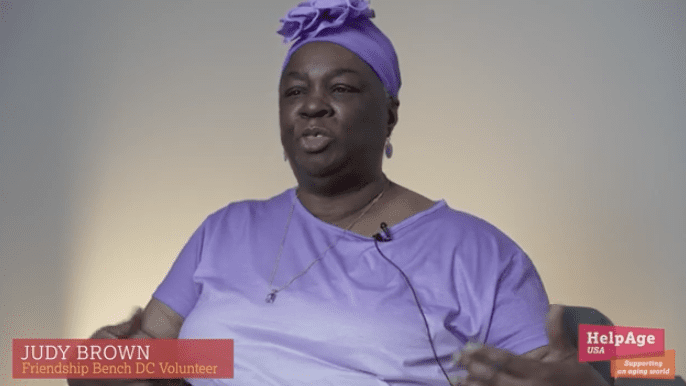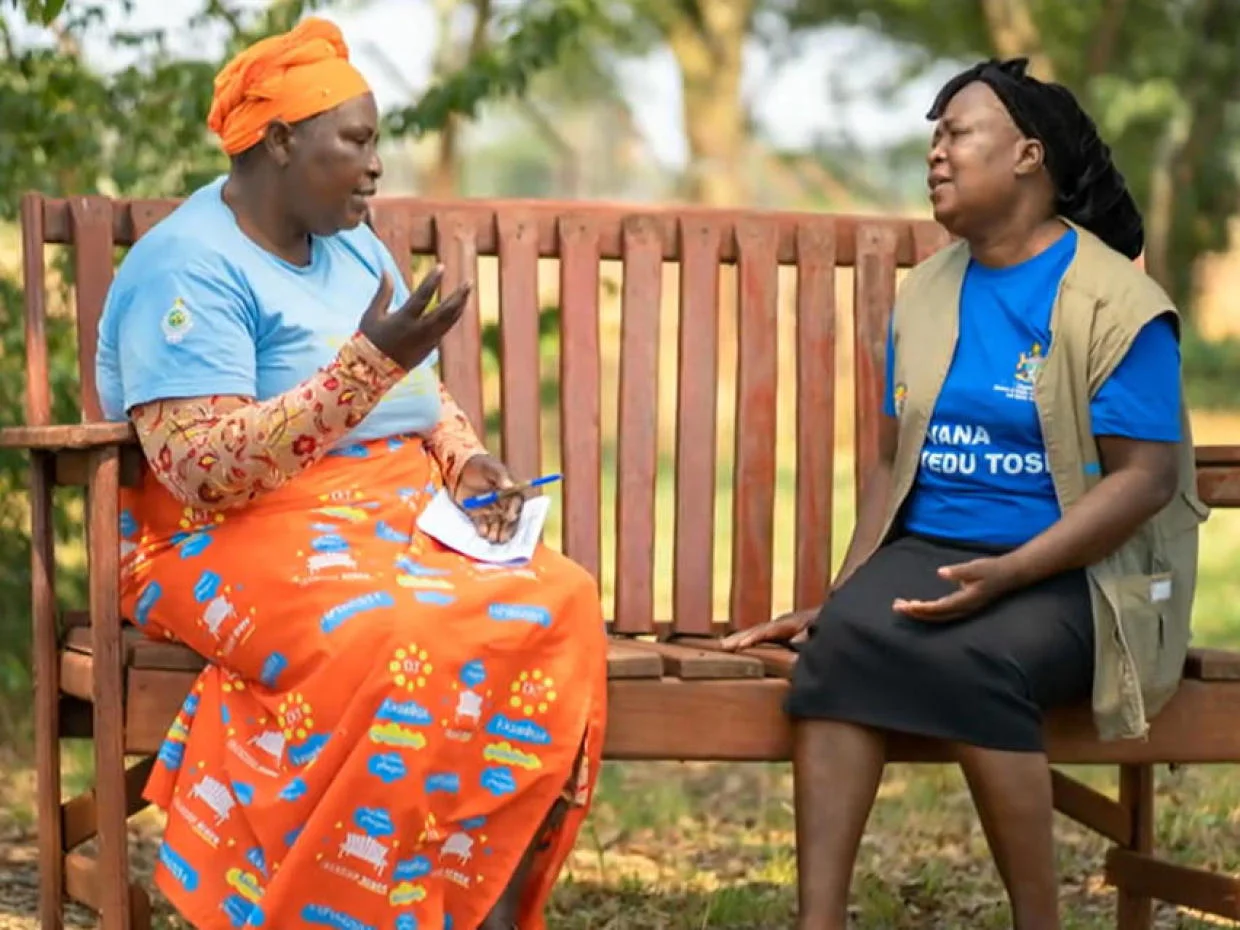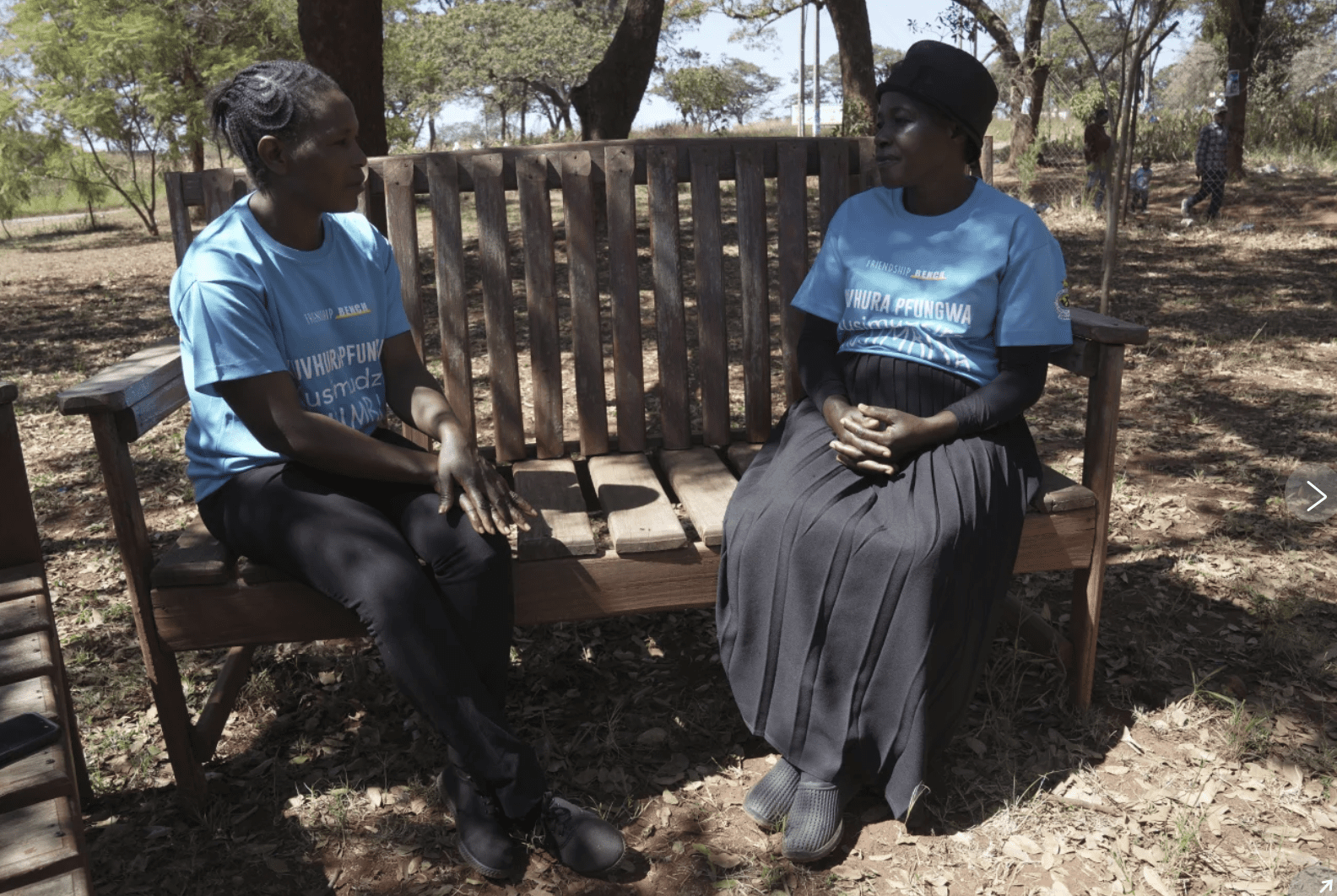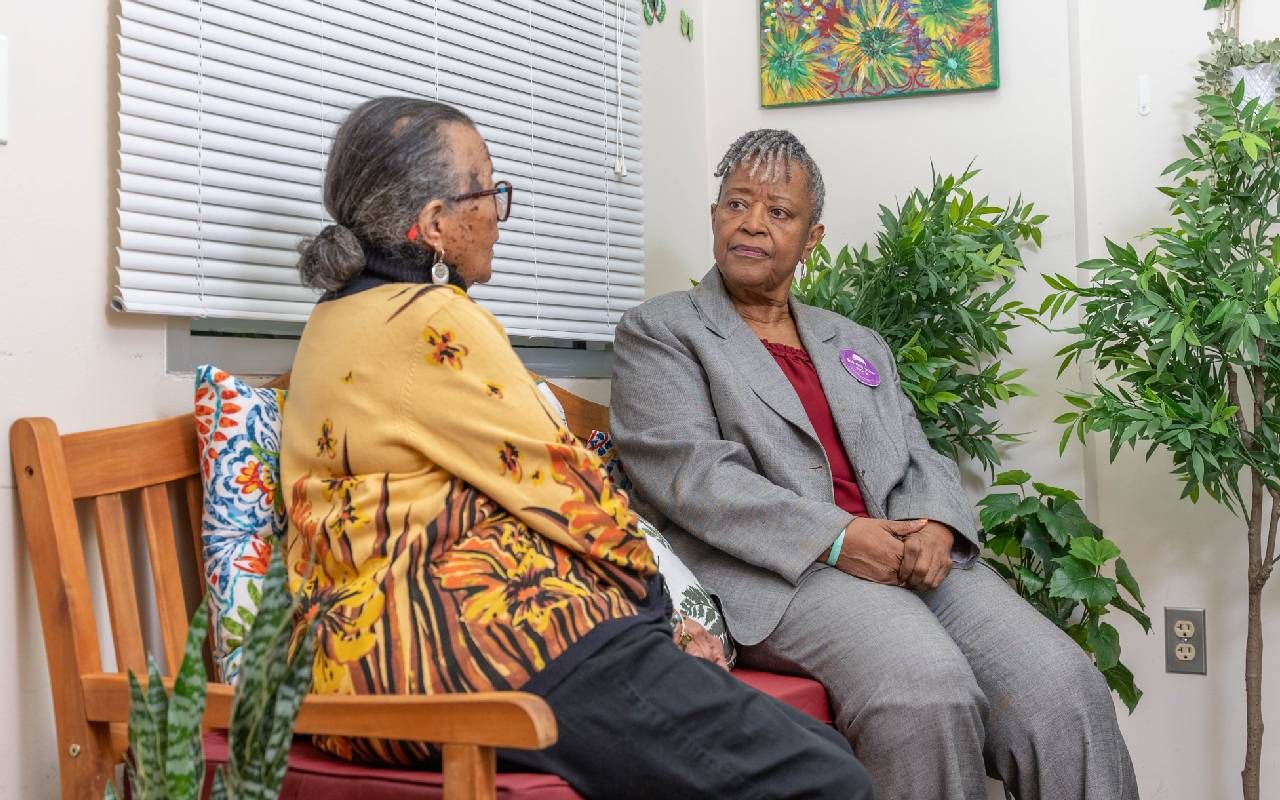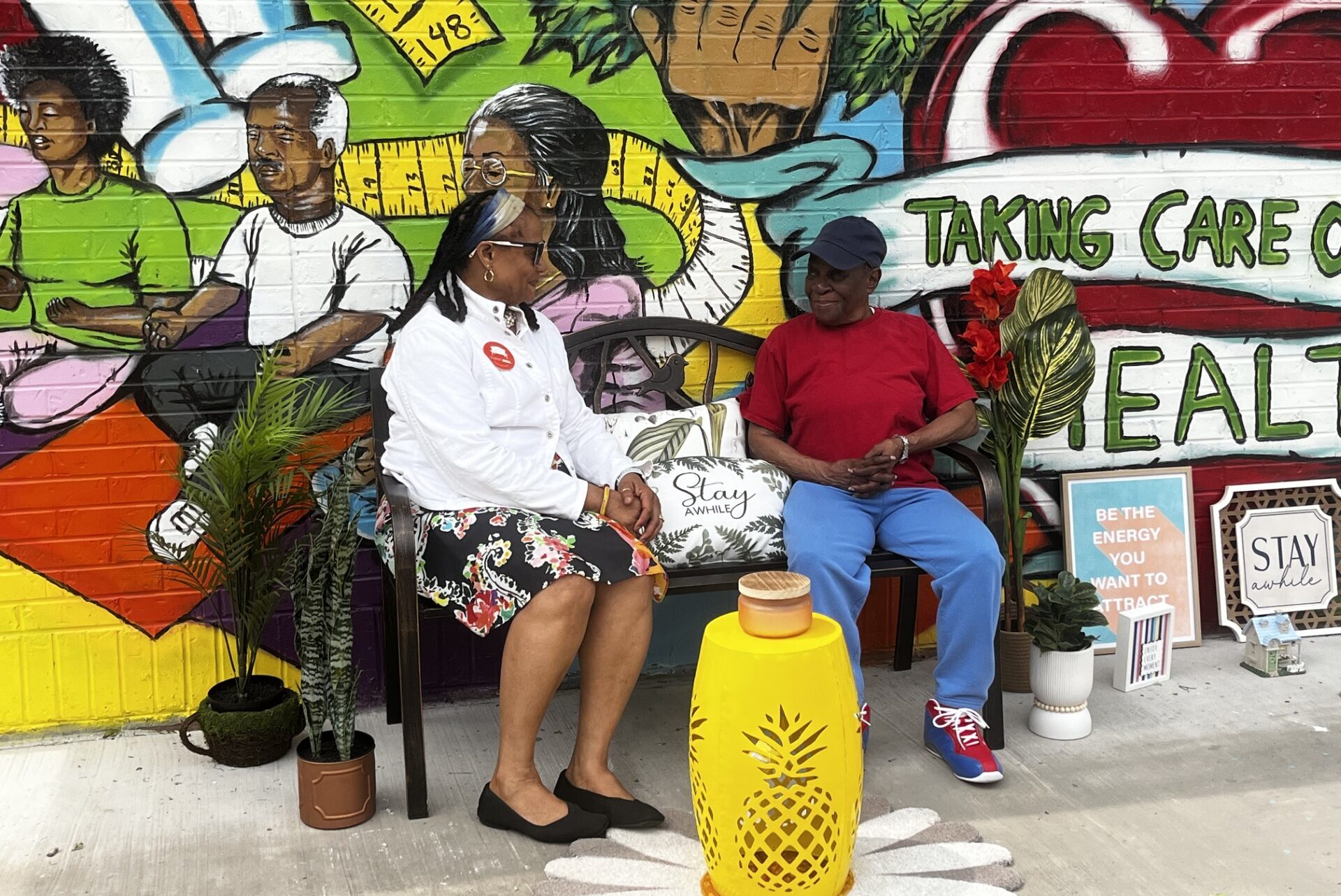Grandparents Delivering Community-Based Mental Health Support
In the aftermath of COVID-19, the U.S. is facing a mental health crisis, and it’s hitting the Black community especially hard. Many are unable to afford help, face discrimination and institutionalized racism within the healthcare system, and struggle to find Black mental health providers.
A group of older people from historically Black neighborhoods in Washington, DC, saw an urgent need for mental health services in their communities. These older people had already come together to encourage loved ones to get vaccinated through a movement called DC Grandparents Against COVID-19. They felt empowered by their success and realized that they could be part of the solution.
Supported by HelpAge USA, they expanded their mission and name to DC Grandparents for Mental Health, a movement by adults 60+ years of age in Washington, DC, and set out to address the crisis impacting their friends and neighbors by piloting a proven model for delivering community-based mental health support: the Friendship Bench.
Learn More About Friendship Bench DC
A Global-Local Partnership
Friendship Bench DC is an initiative by HelpAge USA, inspired by psychiatrist Dr. Dixon Chibanda’s Friendship Bench model in Zimbabwe. With more than 100 scientific, peer-reviewed studies, this evidence-based program trains “grandmothers” to provide basic talk therapy to people of all ages on wooden “Friendship Benches” situated in safe spaces within communities, effectively addressing anxiety and depression. Since its launch, the Friendship Bench model has served more than 150,000 people and has been featured in many articles, as well as Dr. Dixon Chibanda’s TED Talk.
At HelpAge USA, we saw a match between the values of our DC Grandparents for Mental Health and the values that Friendship Bench Zimbabwe represents. The Friendship Bench approach puts power in the hands of the community—and in this case, hands that are wise, experienced, and ready to help.
HelpAge USA is part of a global network of organizations in more than 90 countries working with older people in low- to middle-income countries—and encouraging the sharing of learning and ideas across borders is a central piece of our work.
Friendship Bench DC in Action
HelpAge USA is bringing the Friendship Bench to Washington, DC, with a focus on serving low-income individuals and African Americans in Wards 7 and 8—who have been historically marginalized and are more likely to experience mental health disparities compared with other DC residents.
Working alongside the Friendship Bench Zimbabwe team, our group of older men and women, known as “Grandparents,” have been trained and certified to provide problem-solving support and empathetic listening to Friendship Bench DC visitors of all ages.
Benches are set up at local “host partners,” which are safe community spaces, including senior wellness centers, schools, places of worship, and other nonprofit organizations, that offer the Friendship Bench DC service for free on their premises for the community members they serve. Community members can sign up to talk with a Grandparent sitting on the bench or be referred by staff.
Host Partners and Locations
Host partners are DC-based organizations that provide a Friendship Bench for the people they serve, from youth to older adults.
Our current host partner locations are:
- Washington Seniors Wellness Center – Ward 7
- The SEED School of Washington, DC – Ward 7
- I Dream Public Charter School – Ward 7
- SOME (So Others Might Eat) – Ward 8
- The Temple of Praise – Ward 8
- Congress Heights Senior Wellness Center – Ward 8
- Bread for the City – Ward 8
- Kingsman Academy Public Charter School – Ward 6
- Bernice Fonteneau Senior Wellness Center – Ward 1
- Joseph’s House – Ward 1
Friendship Bench DC is now available to residents at three library branches: Anacostia, MLK, and Petworth. You can find flyers at those locations with a scan code to schedule an appointment.
Beginning June 23, Friendship Bench DC will also be available at two Department of Parks and Recreation (DPR) sites: Joy Evans Therapeutic Recreation Center and Arthur Capper Recreation Center.
FAQs
Friendship Bench DC provides a way for people of all ages to confidentially share their story with an older person and know they will receive empathy, respect, and understanding. Friendship Benches are placed in safe community spaces in Washington, DC.
There is a mental health crisis among people of all ages and a lack of resources and other barriers to care. With the support of HelpAge USA, the older people behind DC Grandparents for Mental Health and Friendship Bench DC are committed to stopping the secrecy and stigma around mental health and providing a non-judgmental space to help others feel less alone. By joining together, they know they can have a positive impact and be part of the solution.
Older people are custodians of wisdom and culture in our community. They are an untapped resource who can provide emotional support or simply a listening ear. Through Friendship Bench DC, older people can give others a sense of connection and personally gain a sense of purpose and fulfillment. The concept builds on the successful Friendship Bench model pioneered in Zimbabwe.
Grandparents participate in 10 weeks of evidence-based training from the Friendship Bench Zimbabwe team to learn how to effectively listen, empathize, and help people solve their own problems. A referral pathway is established for cases which are considered "red flags" where a higher level of care is needed.
HelpAge USA is piloting Friendship Bench DC. The idea came from discussions with our group of older people who are committed to making a difference in their communities called DC Grandparents for Mental Health. Previously, they joined together to successfully encourage COVID-19 vaccination through the HelpAge USA program, DC Grandparents Against COVID-19.
No, but you do need to be 60+ years of age. Many older people are like a grandparent to others and can play an influential role in their lives.
This depends on the individual, but evidence from the Friendship Bench in Zimbabwe shows that most people feel better after four to six sessions.
People of all ages, from younger to older, will be able to turn to Friendship Bench DC to tell their story.








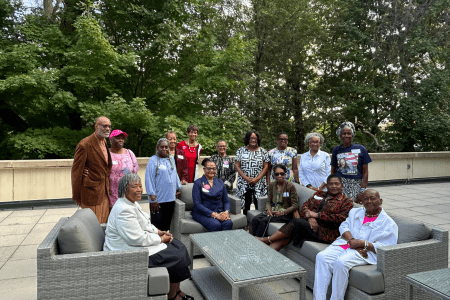
The faces of our DC Grandparents
Are you having a tough time and would like someone to help you through it?
Everybody has a story. We're here to listen.
Provided through our community host partners, Friendship Bench DC offers a confidential, safe, and judgment-free place to talk through whatever you may be facing with someone you can trust.
The Grandparents who serve on Friendship Bench DC have been specifically trained to listen without judgment and offer problem-solving support. They know life can be tough and are here to help you feel less alone.
All Friendship Bench DC sessions are free of charge and by appointment only. Sessions typically last for 45-60 minutes.
For more information, email us at friendshipbenchdc@gmail.com or call 202-709-8442
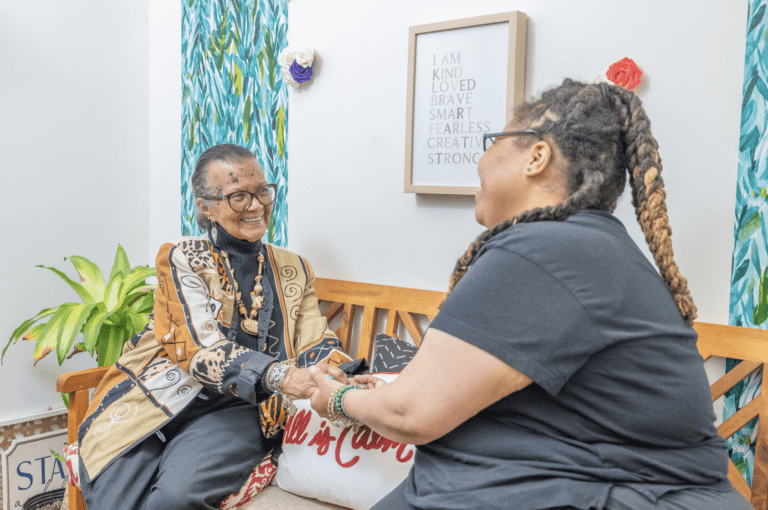
About Problem-Solving Therapy
Through connection and empathy, our Friendship Bench DC Grandparents will guide you through a series of steps known as “problem-solving therapy.” These steps are designed to help you identify, define, and create achievable solutions to your problems, as well as help you feel more confident as a decision-maker who is equipped to handle future issues as they arise.
Problem-solving therapy (sometimes referred to as “structured problem-solving”) is an evidence-based cognitive-behavioral intervention used to help people cope with stressful life experiences, increase resilience, and improve people’s functioning in various areas of their lives, be it personal, professional, or social.

Meet the Grandparents
Our Grandparents have been trained to listen and provide a non-judgmental space for people to talk through any issues they may be facing. Meet a few of our Friendship Bench DC Grandparents and experts to learn more about the program and why they got involved.
Meet the Friendship Bench DC Grandparents and Experts
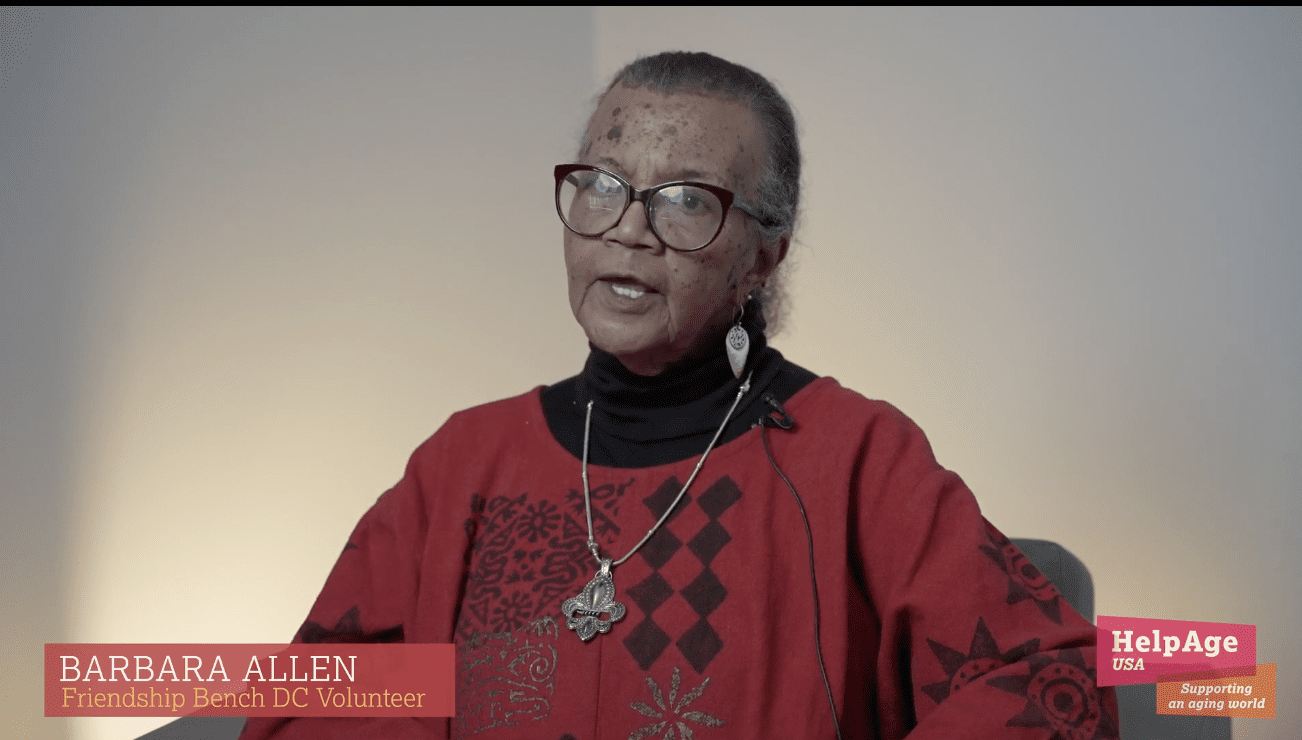
1:58
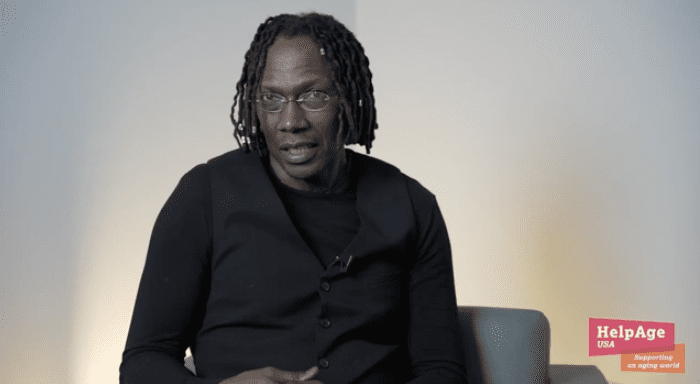
1:11
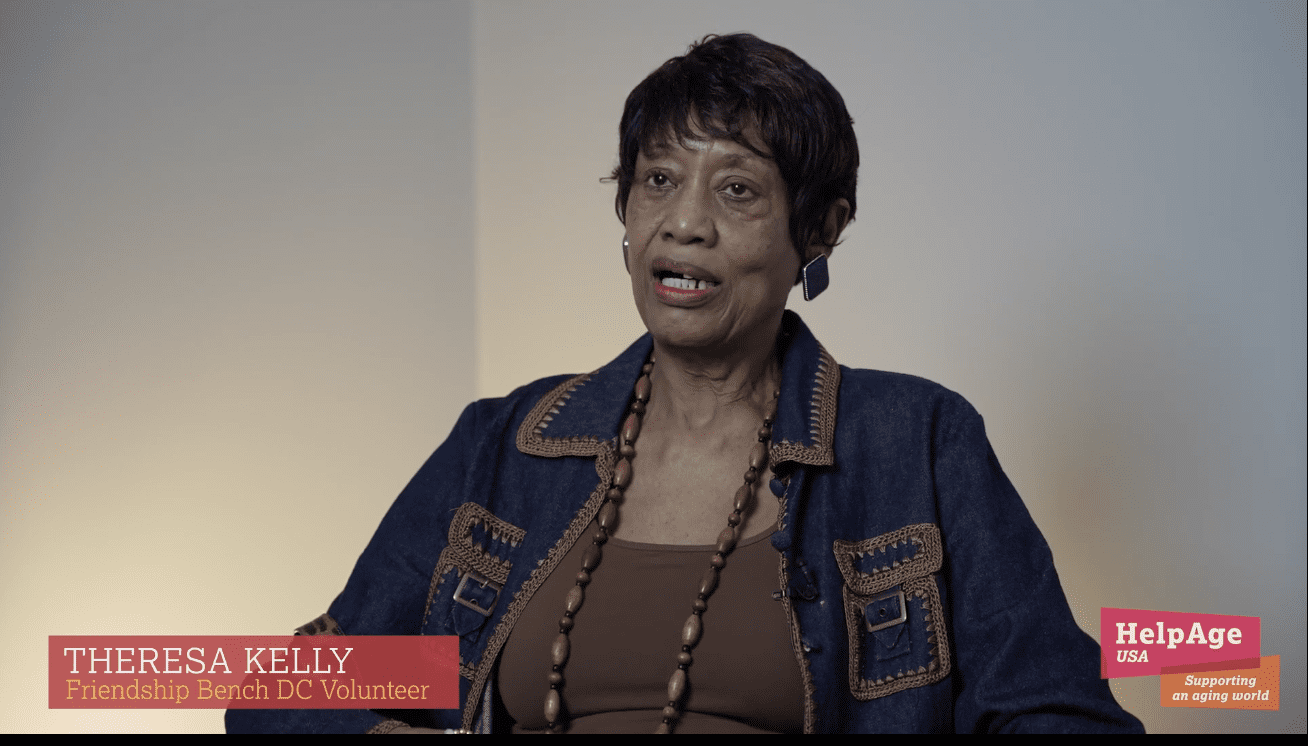
1:34
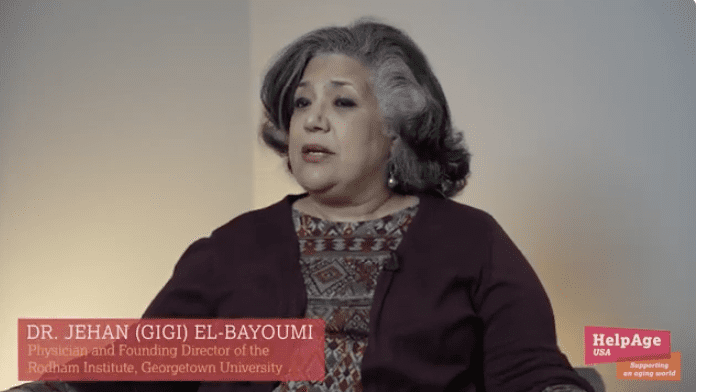
2:20
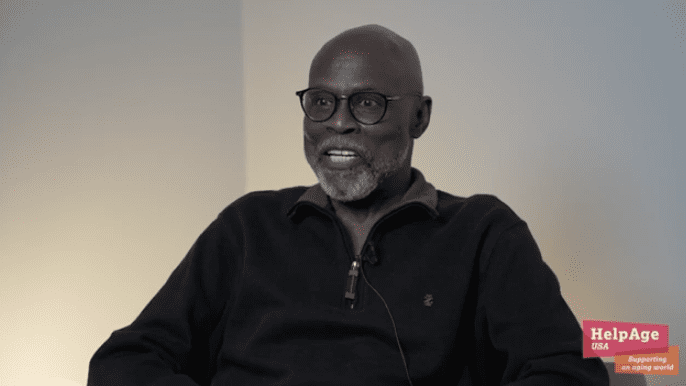
1:58
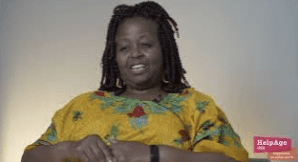
1:55
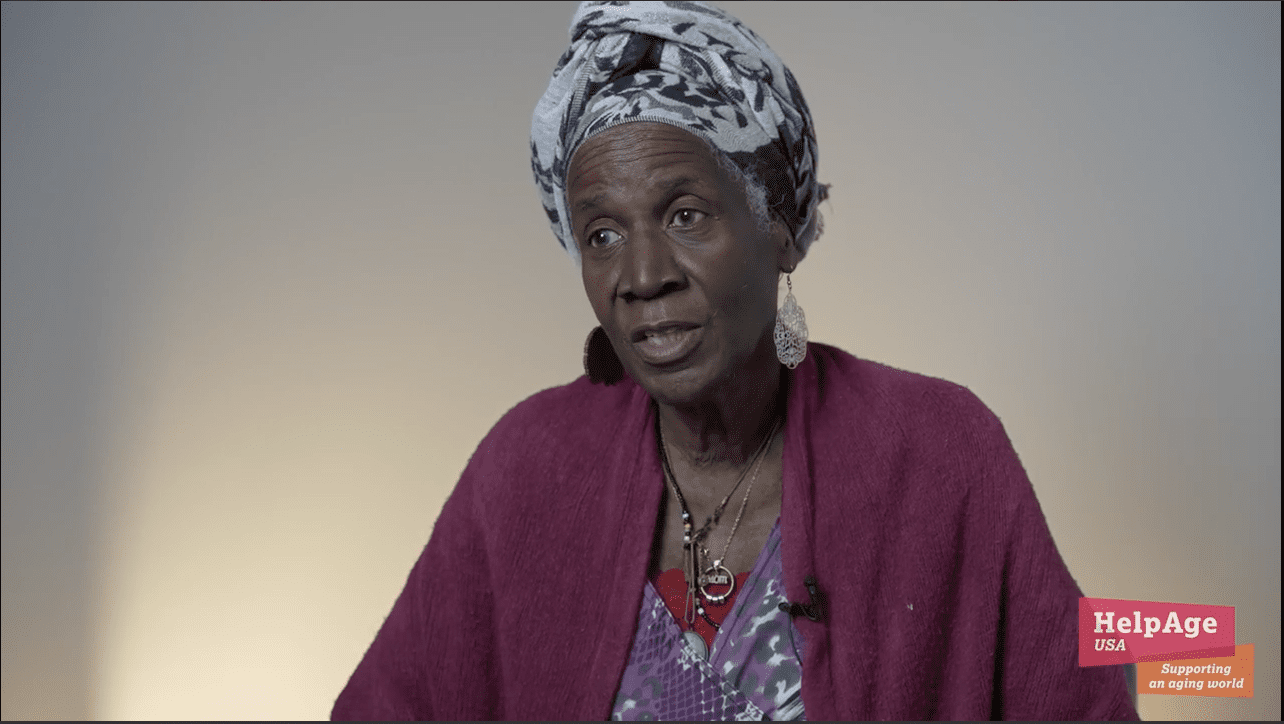
0:46
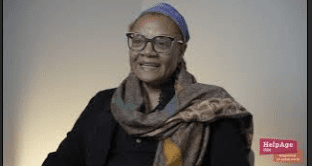
2:38
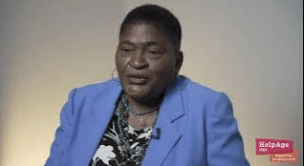
1:35
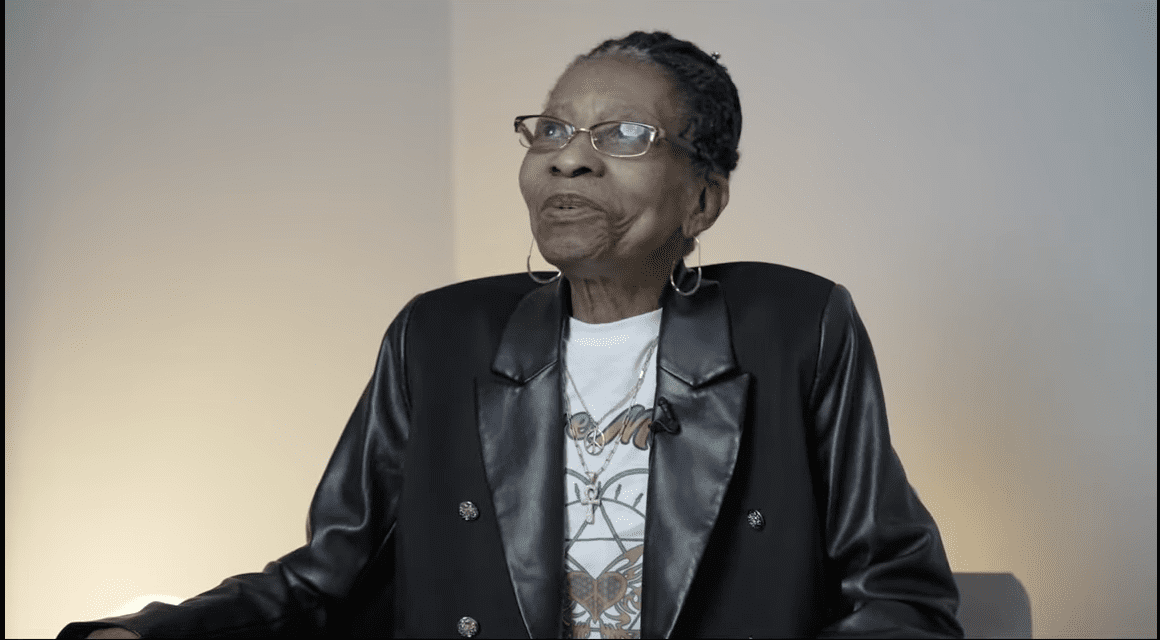
0:34
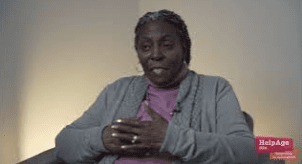
1:33
